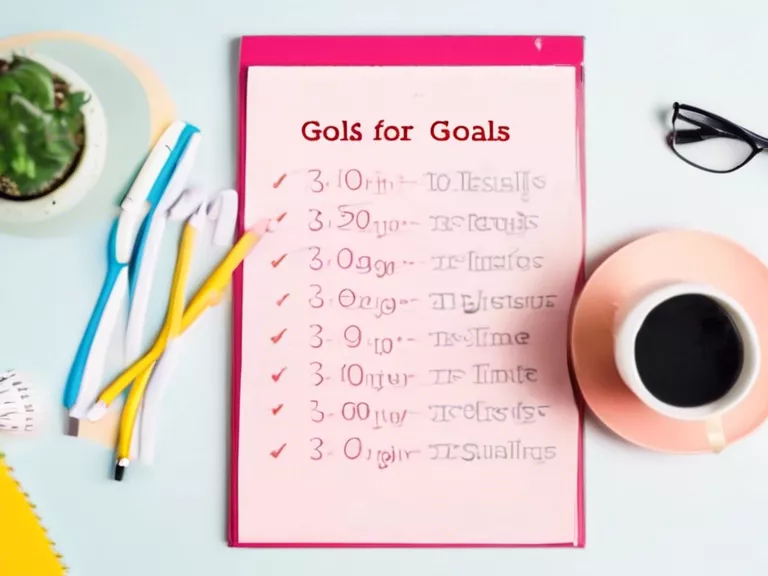
Developing a nutritional plan that aligns with your fitness goals is crucial for achieving optimal results. Whether you're looking to build muscle, lose weight, or improve your overall health, following a well-balanced diet is key. In this article, we will discuss how to create a nutritional plan that supports your specific fitness goals.
First, it's important to determine what your fitness goals are. Are you looking to increase muscle mass, cut body fat, or simply maintain your current weight? Once you have a clear understanding of your objectives, you can tailor your nutritional plan accordingly. For example, if your goal is to build muscle, you'll need to consume a higher amount of protein to support muscle growth and repair.
Next, consider your calorie needs. Depending on your fitness goals, your calorie intake will vary. For those looking to lose weight, you'll need to consume fewer calories than you burn to create a calorie deficit. On the other hand, if you're trying to build muscle, you may need to eat more calories to support muscle growth. Using a food journal or calorie tracking app can help you monitor your calorie intake and make adjustments as needed.
In addition to protein and calories, it's essential to include a variety of nutrients in your diet. Aim to eat a balanced mix of carbohydrates, fats, vitamins, and minerals to support overall health and performance. Include plenty of fruits, vegetables, whole grains, and healthy fats in your meals to ensure you're getting all the nutrients your body needs.
Finally, consistency is key when it comes to following a nutritional plan. Make small, sustainable changes to your diet rather than trying to overhaul your eating habits overnight. Set realistic goals and track your progress to stay motivated and on track.
By developing a nutritional plan that aligns with your fitness goals, you can optimize your performance, support muscle growth or weight loss, and improve your overall health and well-being.



